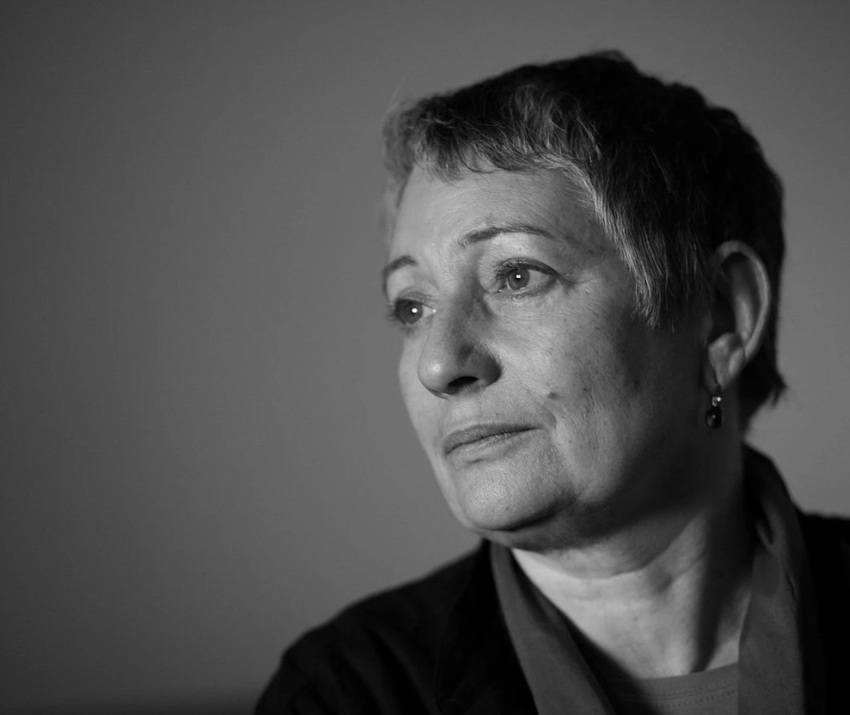We’re all familiar with, or at least have heard of, the classic novels of Dostoevsky and Tolstoy, but modern writers are sometimes left out when studying Russian. Here is a short introductory guide to some contemporary works you may want to check out!

Vera Polozkova is a Moscow-based poet, who often puts her poems to music. She started writing by posting poems on her blog, and was later discovered and published by the writer Alexander Zhitinsky. Her poems cover many facets of daily life, and are often characterized as nontraditional and without a particular form. She believes that performance is a crucial part of poetry, and you can find many of her videos on YouTube. Her collection of poems “Nepoemanie” is also available in Russian on Amazon.

Dividing her time between Moscow and Israel, Lyudmila Ulitskaya writes novels mostly pertaining to religious tolerance and inclusion. As an ethnically Jewish woman who is religiously Christian, her writing deals with these struggles and others during the Soviet Union. Her books, including her newest titled The Green Tent, can be purchased on Amazon. She is also a well-known activist, most recently appearing as a speaker in an anti-war protest in Moscow.

With her relatives including Leo Tolstoy and Ivan Turgenev, Tatyana Tolstaya was born into a family of writers. Her works mostly take place during, towards the end of, or as speculation after the Soviet Union, and her writing style is thought to be characteristic of Leo Tolstoy and Anton Chekhov. Several of her novels are available at the Reed library, including her most famous, The Slynx, a dystopian novel about a forgotten post-Soviet Moscow.






















